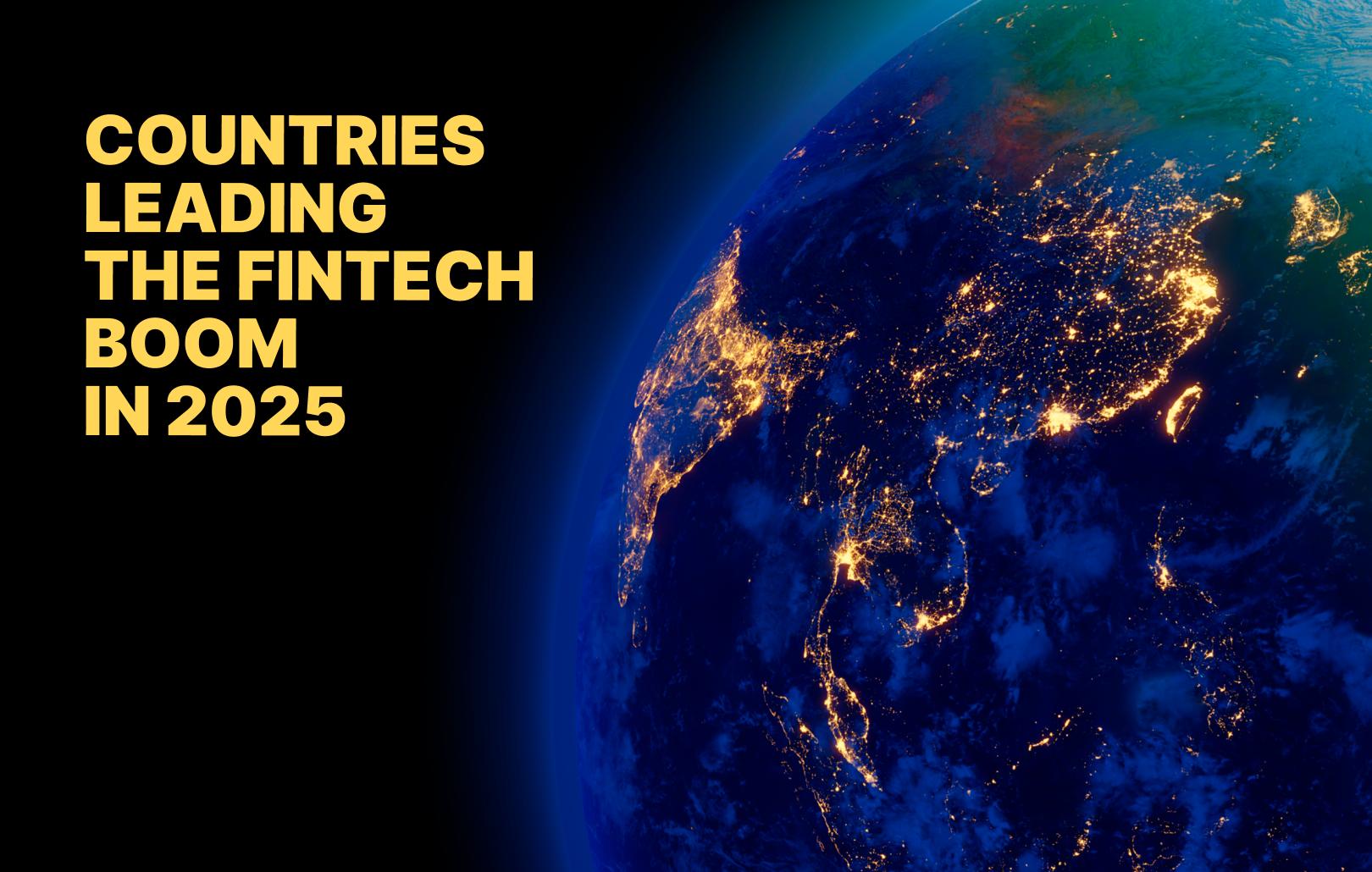AI-Powered Fintech: Revolutionizing Banking and Finance

Based on a study by GFT, there appears to be a divergence among consumers in the UK, with roughly 30% harboring concerns regarding the utilization of artificial intelligence (AI) by their banks, while in contrast, 61% display a readiness to adopt AI to upgrade their everyday financial routines. These intriguing figures prompt an analysis of AI’s transformative potential in the banking and finance sectors and a closer examination of the AI-driven solutions that have already been deployed.
AI-Powered Fintech: Revolutionizing Banking and Finance
AI is reshaping the world of fintech, ushering in a new era of banking. While it is still in its nascent stages, the potential of AI to revolutionize banking is undeniable. Its applications span from enhancing operational efficiency and cutting costs to delivering exceptional customer service and fortifying the financial ecosystem’s security and transparency. AI’s influence in fintech is already palpable, and it is poised to be the defining trend of the coming decade.
As AI continues to advance, the fintech landscape will witness increasingly innovative applications. This is an exhilarating period for those engaged in the fintech industry, offering numerous opportunities for innovation and meaningful impact.
The global AI in fintech market has experienced substantial growth, expanding from $9.2 billion in 2022 to $11.6 billion in 2023. Projections indicate it will reach an impressive $31.8 billion by 2027, with a remarkable CAGR of 28.6%, as reported by The Business Research Company.
Examples of AI Transforming the Banking Landscape
AI is swiftly reshaping the banking sector, automating tasks, enhancing efficiency, and elevating customer experiences. Here are some pivotal ways AI is revolutionizing the banking industry:
- Fraud detection: AI is being used to detect fraudulent transactions by analyzing patterns of behaviour and identifying anomalies. This can help banks to prevent fraud and protect their customers’ money. For example, AI-powered fraud detection systems can analyze millions of transactions per second to identify fraudulent patterns.
- Risk assessment: AI is being used to assess the risk of lending money to borrowers. This can let banks make more informed lending decisions and reduce their risk of default. For example, AI-powered risk assessment models can use a borrower’s financial data to assess their creditworthiness and offer them a loan that is tailored to their needs. Borrowers can secure the best possible loan terms through this.
- Customer service: AI is being used to provide customer service chatbots that can answer questions and resolve issues 24/7.By utilizing AI-powered chatbots for tasks such as addressing customer inquiries regarding their accounts, facilitating transfers, and offering investment advice, human customer service representatives can redirect their attention to handling more intricate cases. This shift enables banks to enhance customer service quality and trim operational expenses.
- Personalization: AI is being used to personalize marketing campaigns by targeting customers with products and services that are most likely to interest them. Banks can boost their sales and enhance customer satisfaction through strategies such as utilizing AI-powered marketing platforms. These platforms can analyze a customer’s purchase history and social media activity to craft personalized marketing messages. This approach enables banks to effectively connect with their intended audience, ultimately resulting in higher conversion rates and improved ROI.
- Investment advice: AI is now used to offer investment guidance to customers. This assists customers in making wiser investment choices to reach their financial objectives. For instance, AI-driven investment advisors can analyze a customer’s financial information to design a customized investment plan. This can aid customers in saving for retirement, funding their children’s education, or increasing their wealth.
These are just a glimpse of the transformative power of AI in banking, with many more innovations on the horizon.
Leading Brands Reshaping Finance with Artificial Intelligence
Discover the forefront pioneers of AI adoption in fintech:
- FICO: Empowering financial institutions with AI-driven credit scoring and risk assessment services.
- IBM Watson: Offering a comprehensive suite of financial services, including AI-backed fraud detection, customer support, and investment guidance.
- Amazon Lex: Delivering AI-infused chatbots for versatile customer service and various applications.
- Google: Innovating with AI to create new financial products like robo-advisors and personalized lending platforms.
- Microsoft: Utilizing AI to enhance the security and efficiency of financial systems.
- Intel: Pioneering AI chips and other technologies tailored for financial applications.
- Amazon: Personalizing financial services such as credit cards and lending products through AI.
- IPSoft: Automating customer service tasks and enhancing back-office efficiency with AI.
- Salesforce: Providing personalized customer service and sales experiences through AI.
- Next IT: Spearheading the development of AI-powered fraud detection and prevention solutions for financial institutions.
- Trifacta: Streamlining financial data cleaning and preparation processes with AI.
- Inbenta: Empowering customer service and other applications with conversational AI.
- Onfido: Using AI to verify customer identities and prevent fraud.
- Zeitgold: Leveraging AI to extend loans to small businesses.
These trailblazing companies are shaping the future of fintech with the transformative capabilities of artificial intelligence.
Bottom Line
The fintech industry is in the midst of an AI-powered transformation that promises to reshape banking and financial services profoundly. With continued advancements in AI technology, the possibilities for innovation in banking are limitless.







